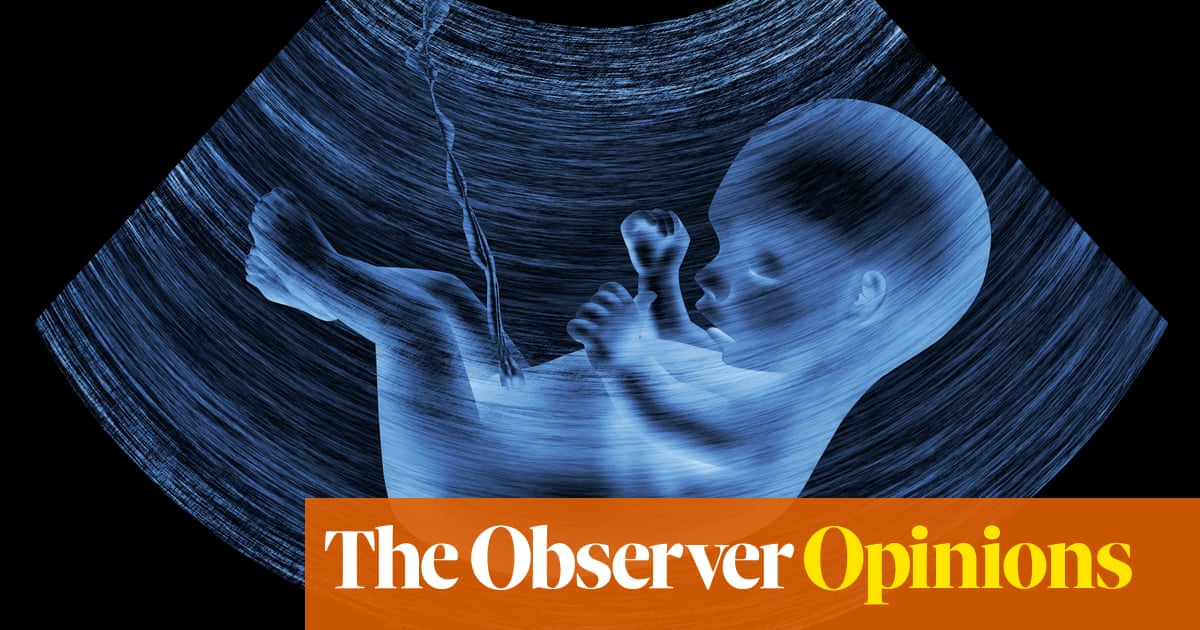
Larry Elliott is correct that Brexit is a live issue in this election, even if politicians are doing their best to avoid it (Brexit may have felt absent from this election – but it will still define it, 26 June). And he is spot-on when he says that there is “no real difference between Labour’s growth strategy and its Brexit strategy. If one fails then so does the other”.
Keir Starmer says Labour will boost economic growth while continuing to hobble trade and relations with our nearest major market. It’s as if his shoes are tied together, but he’s refusing to untie them while also promising to win an international running race. Does he really take us for fools?
But Larry is surely mistaken when he says: “In the 90s, the single currency was supposed to deliver faster growth and greater shared prosperity. Instead, as the growing support for populist parties shows all too clearly, monetary union has been accompanied by economic stagnation and rising inequality.”
Plenty of countries that are not in the euro have also experienced economic stagnation, rising inequality and a drift to populism. The euro has nothing to do with it. Indeed, given the euro’s stability and low interest rates compared with what preceded it, monetary union has arguably helped improve life for millions. How much richer would most Britons be now had Britain joined in Tony Blair’s first term?
The insurmountable problem for Brexiters is that even if their project could deliver the sunlit uplands promised, it would take many years to get there, and in the meantime the country would have to suffer an agonising drop in living standards before things started to get better. So it is proving. And, surprise surprise, the public don’t like it.
The inescapable connection between British living standards and our relationship with Europe cannot be ignored for ever.
Robin Prior
Wargrave, Berkshire
Larry Elliott invokes “those who voted leave in 2016” who “still feel ignored and marginalised”. Those who voted leave because they wanted to leave the EU have no reason to feel ignored because they got what they wanted. The UK has left the EU, and both main parties refuse to admit or address the damage done. Those who voted leave for another reason cannot complain that their vote did not address their other concerns, because that was not what they voted for. A vote is a powerful tool in a democracy, so voters should think about what they are voting for and take responsibility for their choices.
Chris Webster
Gümligen, Switzerland












